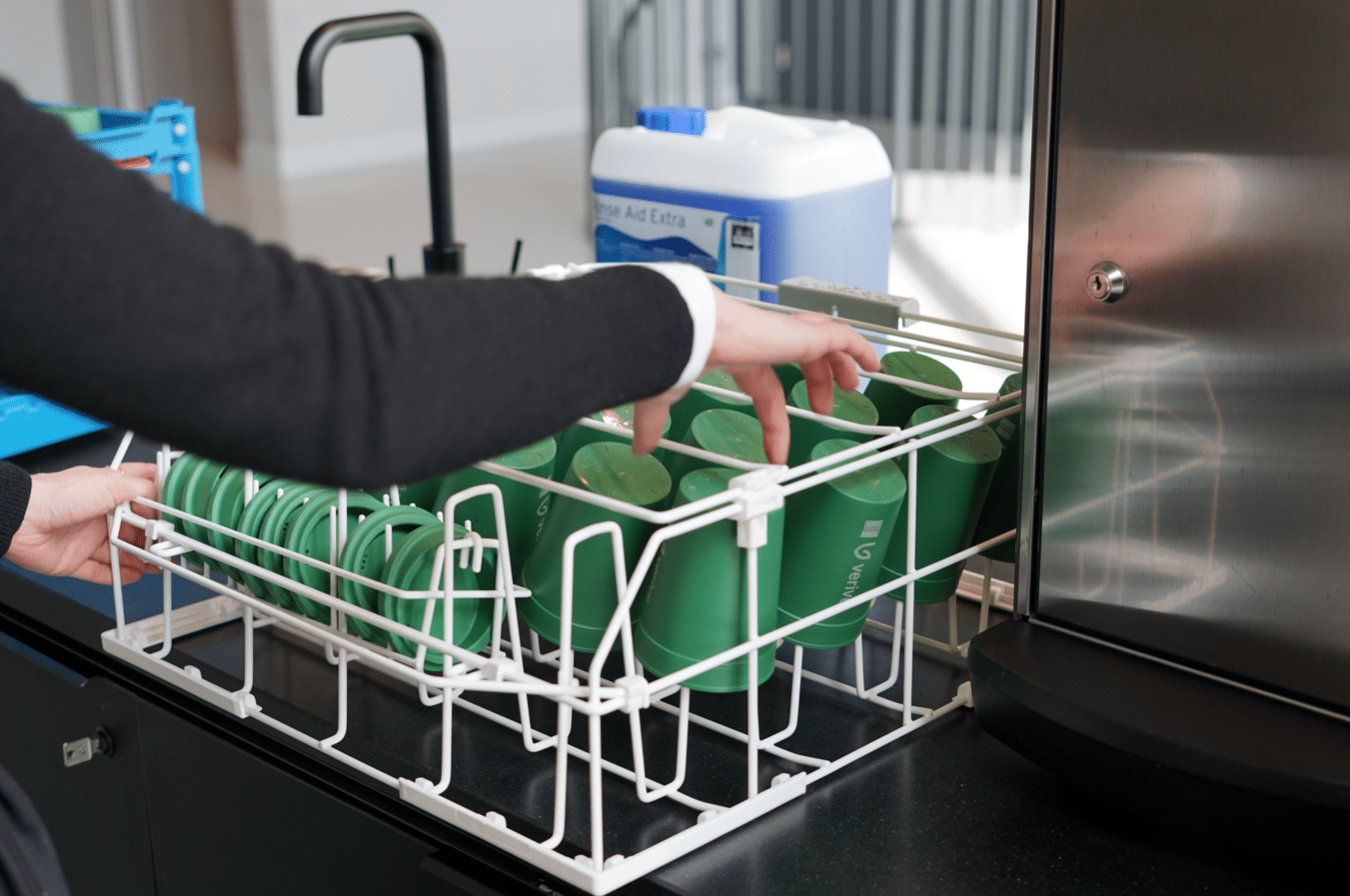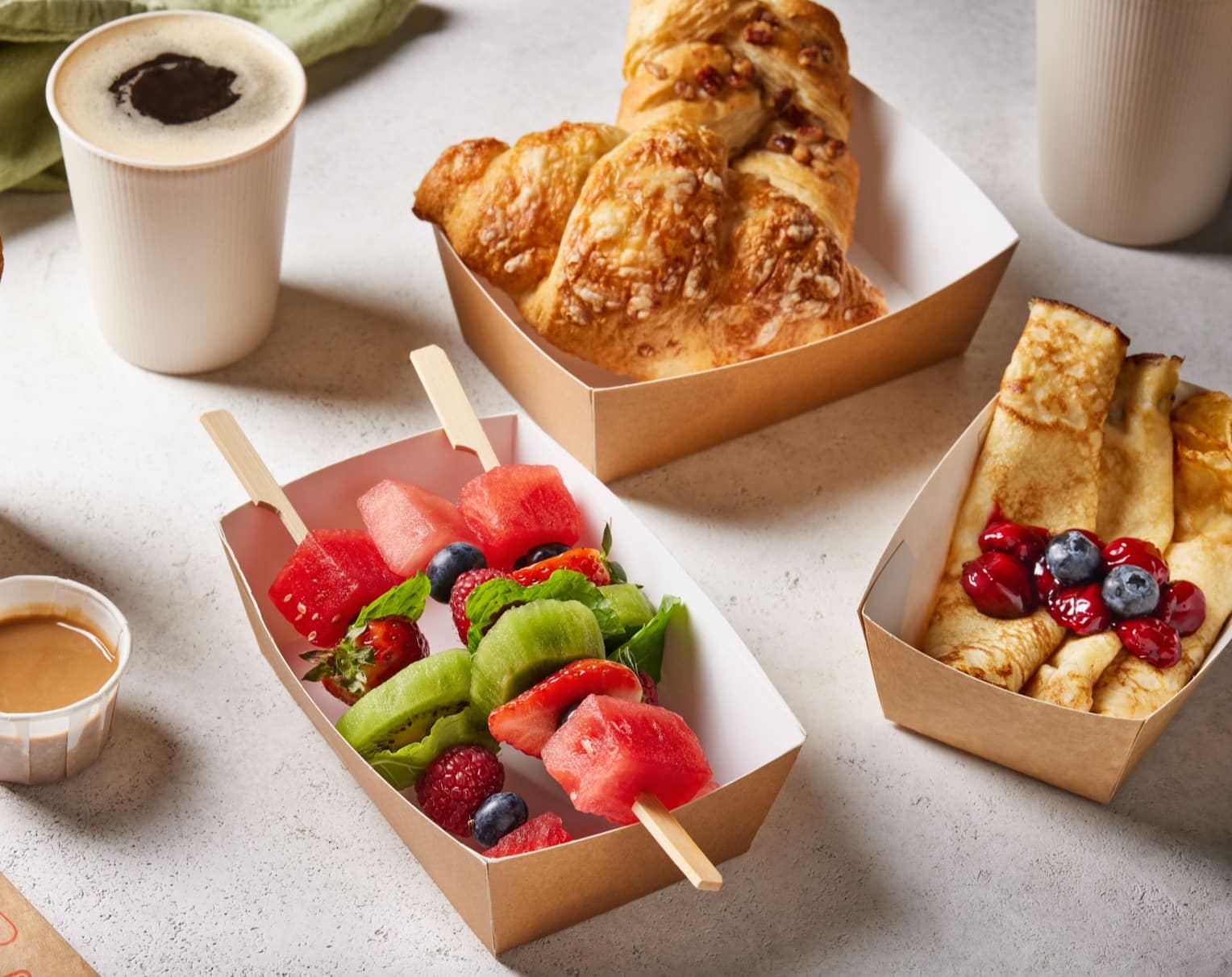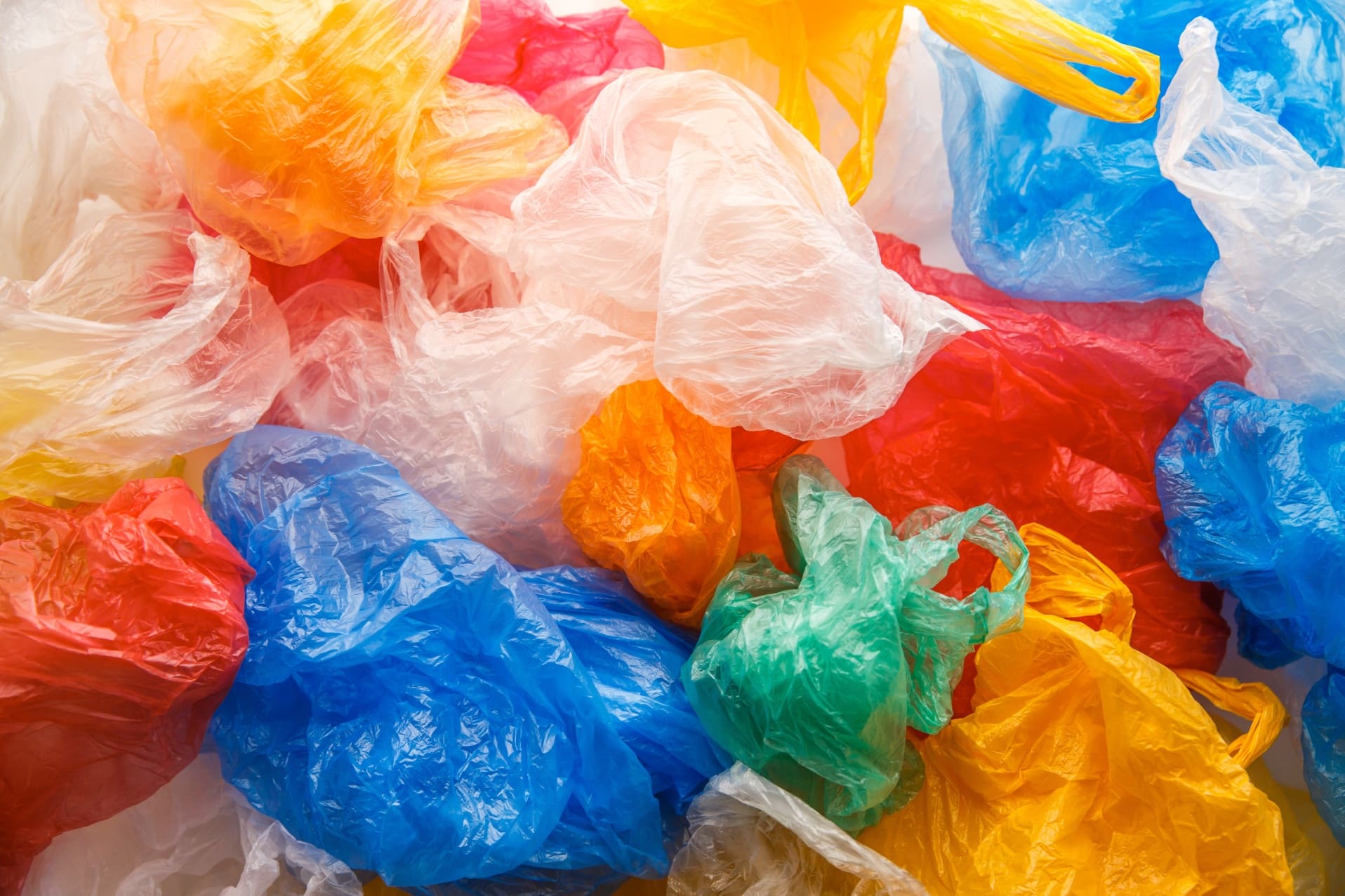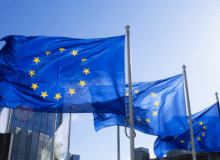About this article
Why transparency matters to us at Verive, and how we’re building it into our business.
We all want to know exactly what we’re paying for. Which means transparency – clear, honest information about the ‘behind the scenes’ of a product – is important for any business.
But for a business making sustainability claims, it’s everything. When a customer seeks out a product that is more environmentally or ethically positive than an alternative, they need to know the real picture behind it – even if it’s a complex one. They’ve chosen to spend their money in a way that aligns with certain values – so they need to know that the product they are buying genuinely reflects those values.
There are as many facets of transparency as there are ways to create a product that is ethically and environmentally sound. Being transparent in business can include sharing information about anything from the company’s gender pay gap and carbon footprint, to their investor model, factory locations and code of conduct. It’s possible for businesses to be transparent in some areas, and not in others. It’s also possible for them to offer degrees of transparency in certain areas – to share some information about, say, their environmental impact, but not the rest. In other words, transparency is not black and white.
How we are pursuing greater transparency
At Verive, we have set out to provide organisations with the most sustainable options in food packaging and tableware available to them – which means that being transparent ourselves is critical. When it comes to real transparency, commitments mean little without concrete action and sharing a raft of different information. Here are some of the ways we are pursuing more transparency in our business.
We provide detailed product information
All our product descriptions include clear information about the specific material(s) used, information about how they were sourced, as well as their end of life. Our range is accompanied by independent certifications, which are a helpful shortcut for certain types of detailed information. Certifications like FSC, EN13432:2000 and PEFC guarantee that a product’s claims are valid and up to date. Find out more about these certifications.
We use clear definitions
Greenwashed claims – big buzzwords with no widely agreed definition – are an easy trap to fall into when talking about sustainability. Labels like ‘environmentally friendly’ and ‘sustainably sourced’ can make products sound more impressive than they are, given that there is no specific standard that must be met in order to use them. We use the term ‘responsible sourcing’ – and to avoid the greenwashing trap, we outline exactly what that means. We are committed to the responsible sourcing of 100% of our products. And when it comes to describing our products, we always avoid the misleading terms biodegradable and plastic-free.

We don’t have hidden agendas
The way we work with our suppliers and determine our product range means that we have no preference for certain materials or suppliers over others. We deliberately offer a range of materials for different needs, and we don’t manufacture any of our own products, meaning we are material agnostic. We can quickly change our suppliers if they no longer meet the rigorous standards we have in place. We also encourage buyers to use our Verive wizard to discover ways to reduce, reuse and recycle, instead of defaulting to disposable food packaging and tableware.
We know where we need to improve
Being transparent also means being honest about where we are not yet doing enough. Our next focus will be on building measurable goals that are clearly linked to the UN’s Sustainable Development Goals, and reporting on our progress – so that we keep taking meaningful action and are held accountable to our intentions. We will also be working to offer locally sourced options in our product range, and detailed risk assessments and codes of conduct will continue to be central to all our supplier relationships.
Got a question about our commitments and the specific actions we’re taking? Don’t hesitate to get in touch with your comments, questions and criticisms – we are always looking for ways to be more transparent.










